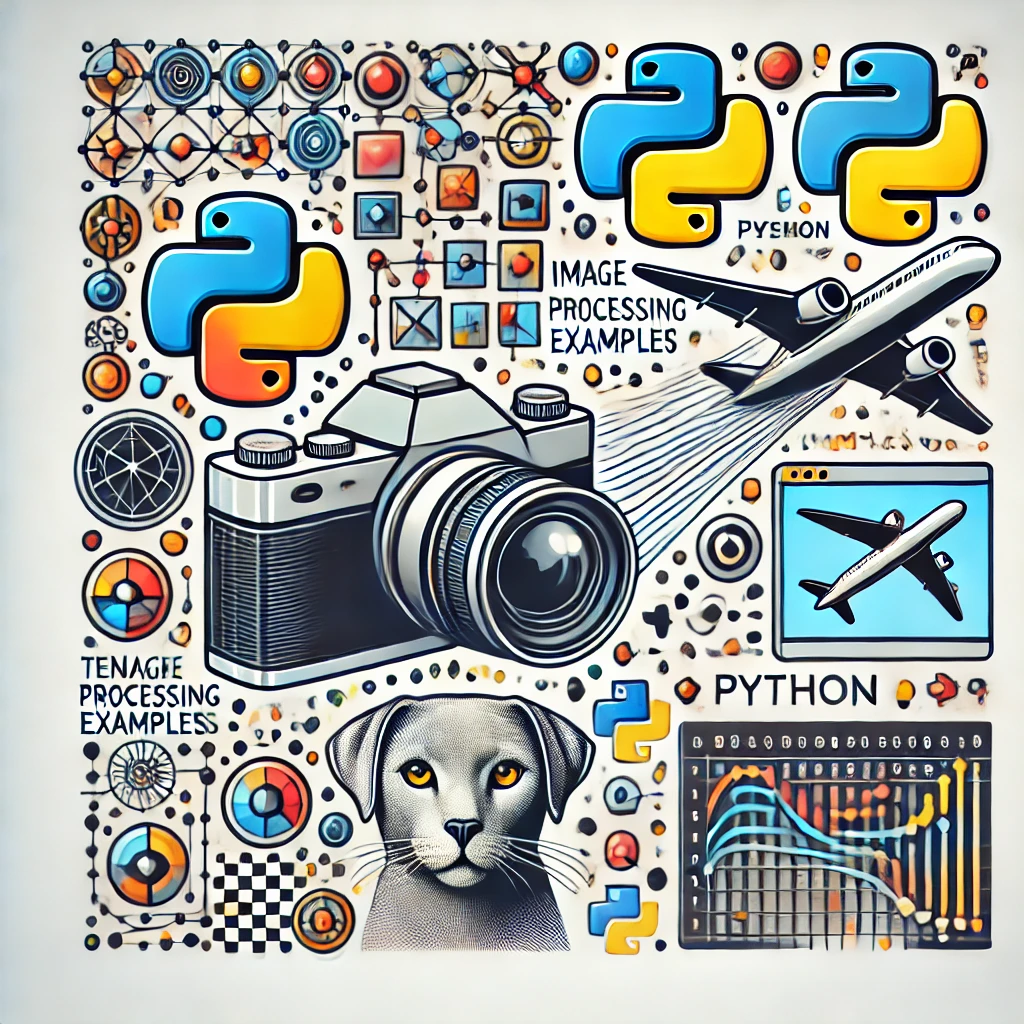About

Welcome to a showcase of some of the projects from my Master’s in Data Science journey at Ferris State University, MI, USA, where I’ve refined my skills in R, Python, Machine Learning, Predictive Analytics, Data Mining, Data Visualization, and Statistical Analysis. Each project highlights my ability to tackle complex challenges through rigorous, data-driven solutions, combining technical expertise with statistical precision and creative problem-solving. Read More
With a solid foundation in statistics, computer science, and business, as well as a passion for research, I have applied advanced statistical methodologies to uncover meaningful insights and drive data-informed decision-making. My hands-on experience as a Research Assistant has deepened my expertise in academic research, contributing to innovative projects at the intersection of data science and statistical analysis. Additionally, my diverse work experience across multiple sectors has strengthened my ability to adapt data science solutions to real-world business challenges.























